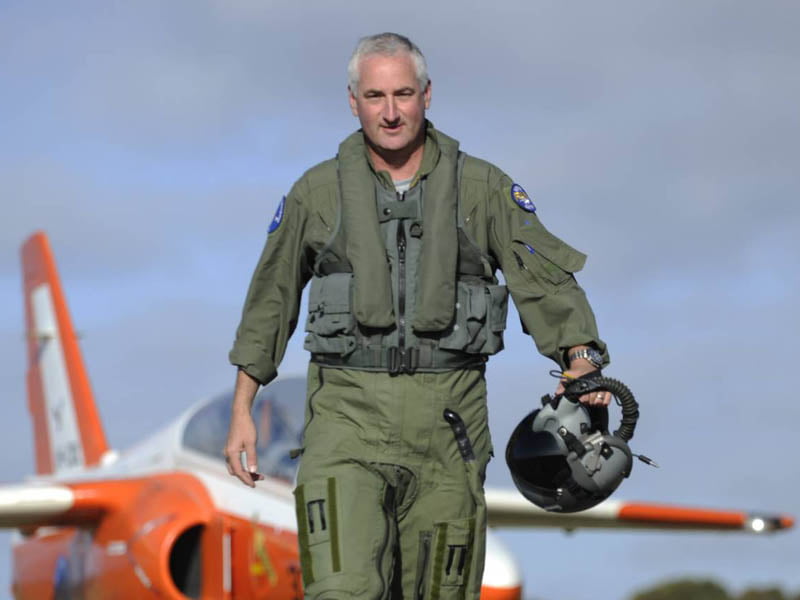Premier Steven Marshall’s newly-elected government in South Australia has scrapped the state’s startup support agency and axed its chief innovator program as part of a major shake-up of tech innovation support services.
The Liberal state government, which was elected in March, announced it would wind up TechInSA – the agency responsible for the various state industry development programs for the tech and startup sectors.
The contract of South Australia’s chief innovator Tom Hajdu has also been ended.

The role of TechInSA will be swallowed up by a new Office of the Chief Entrepreneur, with an Entrepreneurship Advisory Board established to oversee the forthcoming $27.5 million innovation hub development at the old Royal Adelaide Hospital site.
All tenants currently located in TechInSA’s Thebarton Incubator and Tech Hub would remain there under their existing contracts, while grants already awarded by the agency would be honoured, South Australia’s Industry Minister David Pisoni said.
“I thank the team at TechInSA for their work in assisting biotechnology and other technology businesses through the programs, networking and business development activities undertaken over the years,” Mr Pisoni said in a statement.
Jim Whalley, the co-founder and chairman of defence industry firm Nova Systems and a former fighter pilot, has been appointed as the state’s inaugural chief entrepreneur.
“He is an outstanding business person with the right skills to help raise the profile of South Australia as the best state in the nation to start and grow a successful business. I like forward to working with Jim to develop our state’s entrepreneurial capability,” Mr Pisoni said.
The Office of the Chief Entrepreneur is to take on all the responsibilities formally under TechInSA’s remit, and would also be “expanded in collaboration with private sector providers and the Department for Industry and Skills”.
The Office will be based in the new tech hub at Lot Fourteen on the old Royal Adelaide Hospital site.
As part of the major restructuring of the state’s entrepreneurial and startup support programs, Mr Hajdu would not continue his role as the state’s chief innovator, which he has been serving in since mid-last year.
“Tom has successfully raised the profile of South Australia’s innovative business capabilities and become a champion of our innovation ecosystem in South Australia. We wish Tom all the best in his future endeavours and we look forward to his ongoing contribution to South Australia,” Mr Pisoni said.
In a statement, Mr Hadju said he is supportive of the major changes from the new state government.
“The world is rapidly changing; the economy and the jobs of today are far different from the economy and jobs of the future. Digital technology is transforming the way we live, work and do business and I support the new government’s approach to supporting our next generation of entrepreneurs and innovators and wish everyone the very best as they forge a pathway to future success and prosperity,” Mr Hadju said.
“I am proud to have contributed to the transformation of the South Australian economy through my work as chief innovator.”
Speaking to InnovationAus.com in the lead-up to the state election earlier this year, Mr Hajdu said that no matter the result of the polls, the “train has already left the station” and tech momentum is building steadily.
“I think what’s going on is that there’s an ecosystem that’s moving, that’s being created. There are now incubators and working spaces that are here. There’s also the Gigabit infrastructure. We also have the largest defence precinct in the southern hemisphere,” Mr Hajdu told InnovationAus.com at the time.
“These series of things are converging all at the right time and that’s creating a systemic change that has resulted in the growth in investment. This is a story of a rising tide.”
Investment funding in the state increased seven-fold quarter-on-quarter according to Techboard stats, increasing to $48 million, including $4 million in state government grants.
TechInSA was launched as a revamped version of BioSA under the previous Labor government, with an aim to “build a vibrant startup community in South Australia”.
It has overseen the deployment of the $10 million SA Early Commercialisation Fund since its launch in 2016, with 52 companies receiving more than $7.5 million. It was reported that this fund was put on hold in May following the state election, with the new government “currently reviewing all industry assistance programs, including grants”.
The South Australian Liberal Party had a major focus on tech and innovation during the election campaign at the start of this year. Included in its promises were the $27.5 million innovation hub, a new startup visa and the scrapping of the payroll tax for small businesses.
Its stated aim is to make South Australia the “startup capital of the country’ within 10 years, with a focus on stemming the brain drain out of the state and creating a new innovation precinct.
Do you know more? Contact James Riley via Email.

